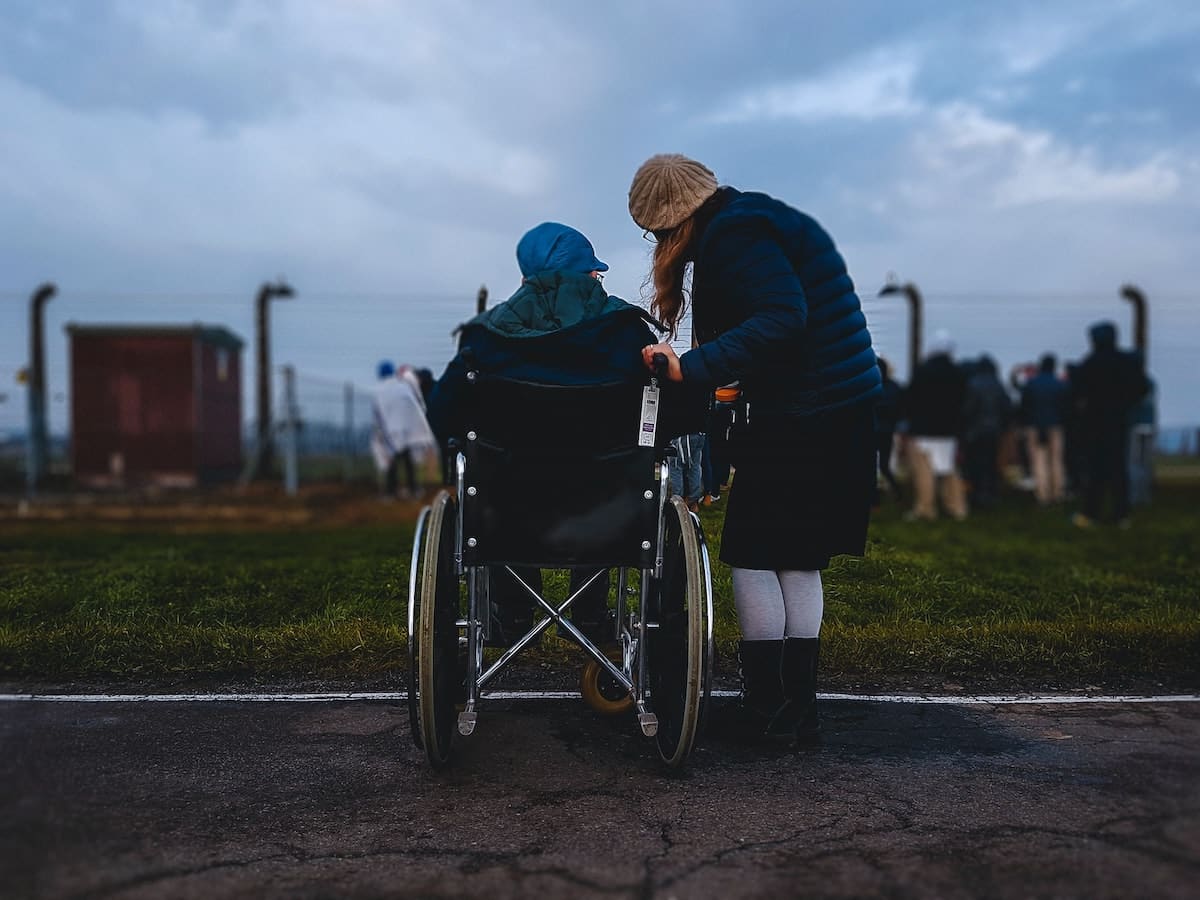Table of Contents
Introduction and Key Points: What is Disability Health Care?
Healthcare is a crucial part of the lives of many people. It’s a field that has been growing in importance and complexity over the years, and it’s one that will continue to grow as more and more countries move towards universal health care.
There are many different types of healthcare, but one type that is often overlooked is disability health care. Disability health care refers to any services or treatments that are designed specifically for those who have disabilities. This can include anything from physical therapy to mental health services. It can also include things like medical equipment or modifications to homes or other buildings so they are more accessible for those with disabilities.
A lot of people don’t think about disability as a type of illness, but it’s actually very common. In fact, over 10% of the population experiences some form of disability at some point in their life – this includes everything from temporary disabilities like broken bones to long-term disabilities like blindness or deafness. These numbers are expected to grow over
What is the National Disability Insurance Scheme?
The National Disability Insurance Scheme (NDIS) is a scheme that provides the opportunity for Australians with disability to get the support they need and live an ordinary life.
This scheme was introduced in 2013 by the Australian government. It is a major social reform in Australia, which aims to provide support for people with disabilities. The NDIS provides funding and services for people with disabilities to help them achieve their goals, participate in society, and live their best lives.
How is Disability Support Health Care Funded in Australia?
In Australia, disability support health care is funded by the government. The government provides funding to people with a disability to help them live a more independent life.
The Australian Government funds disability support health care for people with disabilities in Australia. It provides funding for aids and appliances to make it easier for people with disabilities to live an independent life.
How to Maximize Your NDIS Plan & Get the Best Support Available to You
The National Disability Insurance Scheme (NDIS) aims to provide quality support to people with disabilities. The NDIS is a way to help people with a disability or their carer or family member find the right supports and services in the right place.
Many people with disabilities are struggling to pay for their disability-related expenses. The most common expenses that people with disabilities have to pay for are:
-Specialized medical equipment and supplies
-Hospitalisation and medical care
-Transportation, including wheelchair repairs and modifications
-Home modifications, such as ramps or lifts
-Home attendant services.
The NDIS provides funding for personalised supports and services, which are designed around individual needs and goals, as well as group activities for people with similar needs. It also provides funding for equipment and technology, such as hearing aids and wheelchairs.
In order to maximize your NDIS plan, The NDIS plan manager is the key person in charge of providing support and guidance to people with disability. This person will work closely with the individual, their family, and other relevant stakeholders to ensure that all aspects of the NDIS plan are being effectively implemented and will help you with your plan, connect you with other services, and provide information about what’s available in your area.
They will also provide information about how to access services or supports from other organisations that are not funded by the National Disability Insurance Scheme (NDIS).
Conclusion:
There are various types of disabilities and the NDIS is designed to provide them with the support they need. Disability Support Services empower people with disabilities to live, work, and participate in their communities. People with disabilities should be able to live the life they choose and get the support they need, despite their disabilities.


